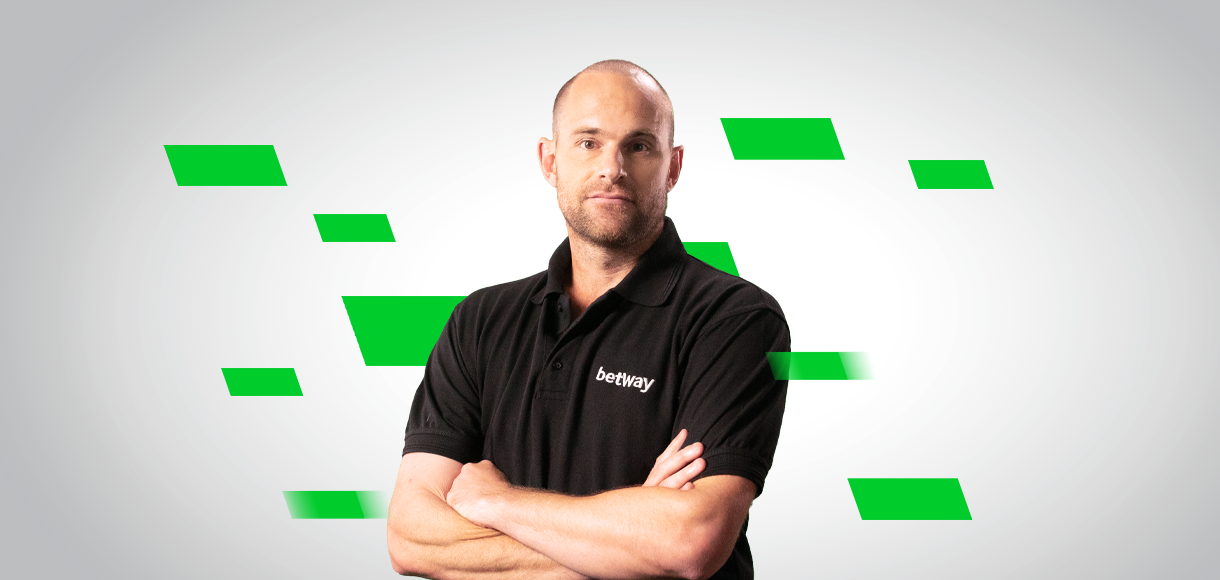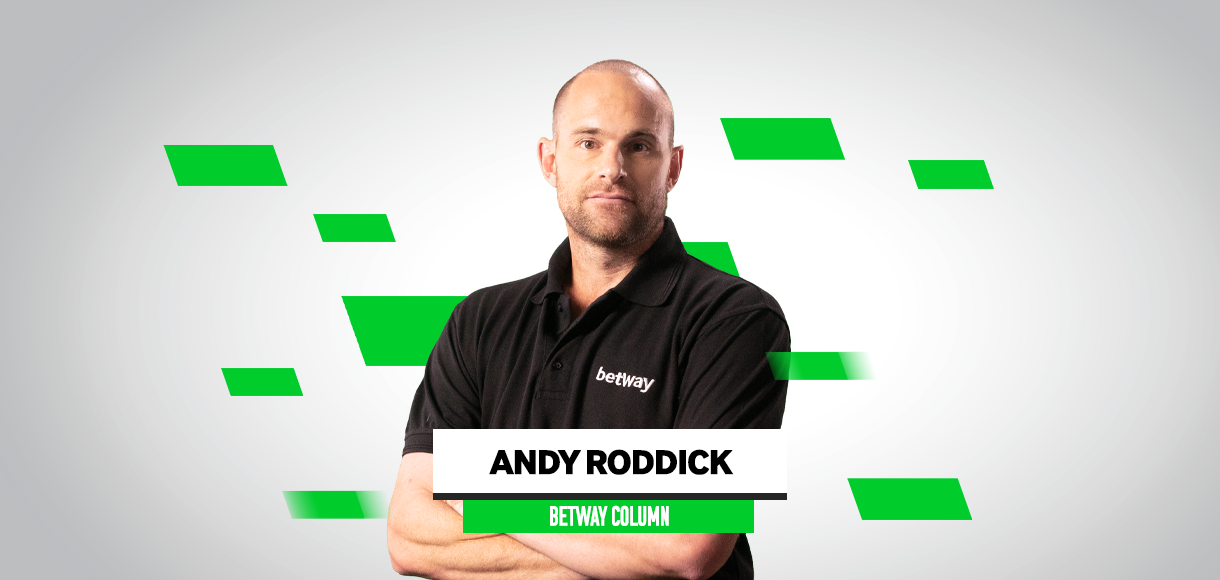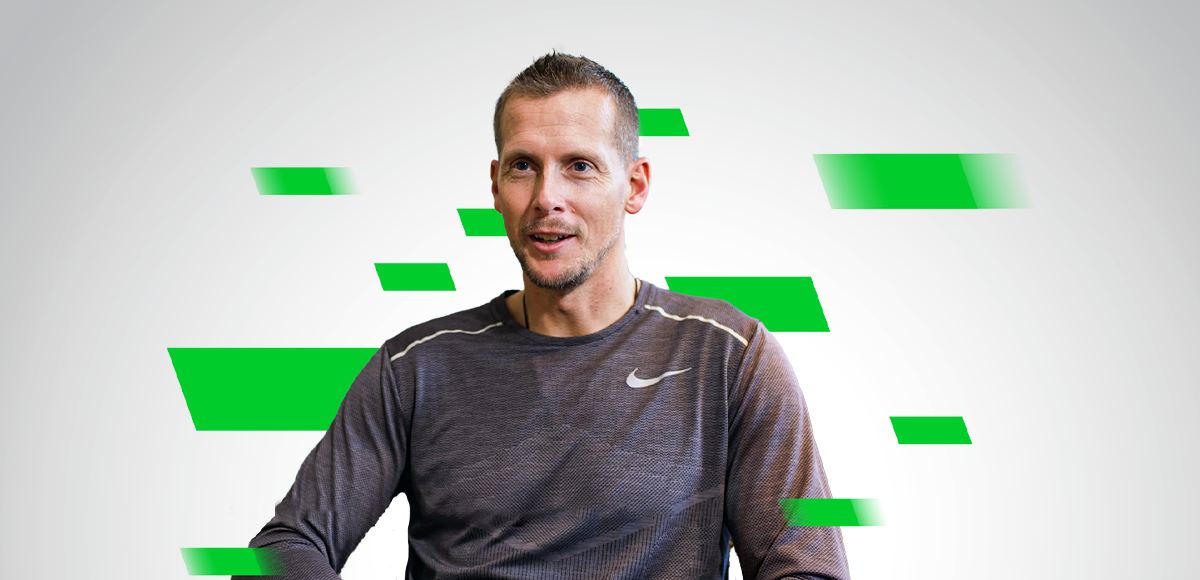Andrew Castle: It's a joy to cover Wimbledon with tennis legends
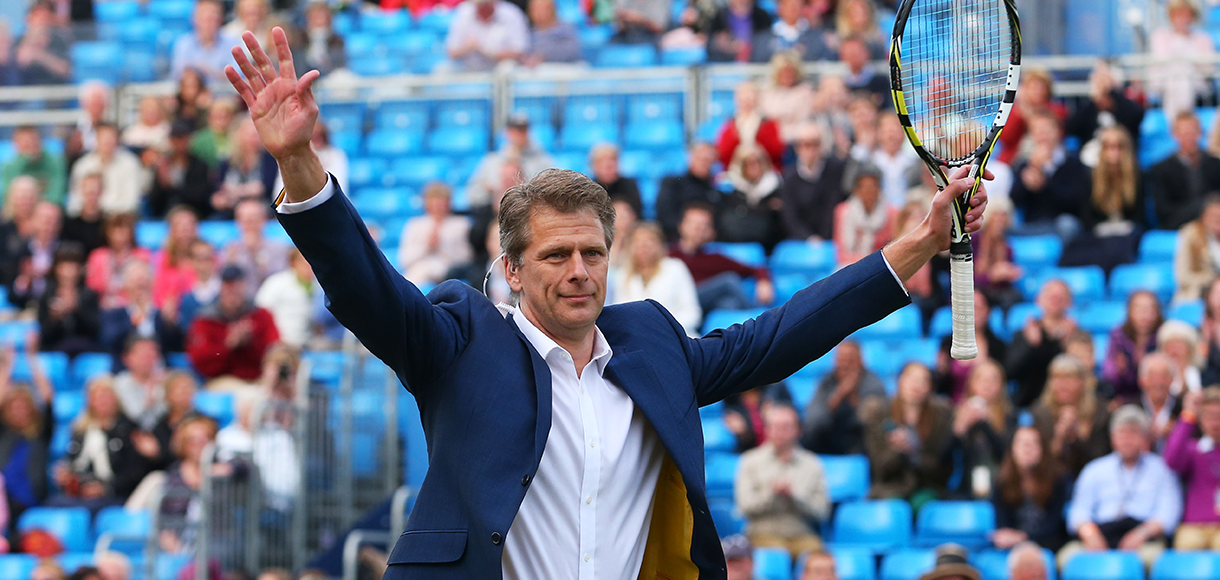
The lead BBC commentator, whose voice is synonymous with so much tennis history, discusses his career, Andy Murray, and the sport's great modern era.
Let it never be said that Wimbledon is taken for granted.
After the tournament was postponed in 2020, its return brings with it a degree of comfort, familiarity and excitement to the British sporting summer, even for those so accustomed to being there.
“It’s just unbelievable to be back”, says Andrew Castle, former British No. 1 and the BBC’s lead tennis commentator at Wimbledon, where Novak Djokovic is favourite to lift the 2021 men's singles title in the latest sports betting.
“I was sitting next to John McEnroe on the first day and he was just delighted, too. Even off-mic, he was saying how wonderful it is.”
The last 16 months have reminded everybody how fragile seemingly ordinary life events are, but Castle has always known how privileged he is to witness tennis’ most prestigious event from the best seat in the house, alongside three-time champion McEnroe and other greats.
Not that the job just falls into your lap. Castle put in years of graft before finally landing the gig that any tennis broadcaster dreams of on prime-time BBC One television.
“I remember being up in Slaley Hall in Northumberland during the first week of Wimbledon,” he says. “I was covering the golf for Sky Sports.
“I was sitting there in my room thinking: ‘It’s a bit mad that I’m doing the golf when all this tennis is going on’. I called an old friend who was actually in charge of the Wimbledon broadcast and managed to get on board with that, luckily.
“My first commentary was a Rafael Nadal match out on court 12, and I remember him standing out.
“It grew from there. Now I get to sit in the Centre Court commentary box with these legends watching guys like Nadal and Roger Federer. How lucky is that?”
Golf wasn’t the only unfamiliar sport that Castle commentated on before his big break.
While his first post-playing job was hosting tennis broadcasts for Sky – “I worked with Sue Barker in a small airless box in a car park in Isleworth” – he covered golf, basketball and ‘became the No. 1 anorak of all time’ on Daytona 500 through the 1990s.
Society often questions those who made their name doing one thing when they try to do something else.
But Castle says he was able to ignore that noise when, as a notorious ex-tennis player, he begun covering other sports and took the job as host of GMTV in 2000.
“I don’t really know what qualifies you to commentate or present on any particular subject other than a vigorous amount of research to do it justice,” he says.
“I remember covering the international Horse of the Year Show from Olympia. I knew nothing about horses until I learned everything there was to learn from the people in the game.
“If I’m interviewing the Prime Minister on GMTV, I’m preparing a set of questions that I want to know the answer to. That’s based on journalism.
“People might say: ‘What’s a tennis player doing working on this?’. Well, I have done the work, so now I’ll wear whichever hat somebody wants me to wear.”
But tennis, especially Wimbledon, remains Castle’s first love.
Though the championship is only held for a fortnight between the end of June and early July, the 57-year-old says that the beauty of the All England Club raises the hairs on the back of his neck all year round.
“It’s hard to pinpoint exactly what makes Wimbledon so special,” he says. “I could say that the tennis and the atmosphere is what brings it to life, but it still gets you even when it’s dormant and sleeping.
“I have goosebumps when I arrive and nobody’s around. It’s just one of the great privileges to call it my place of work.”
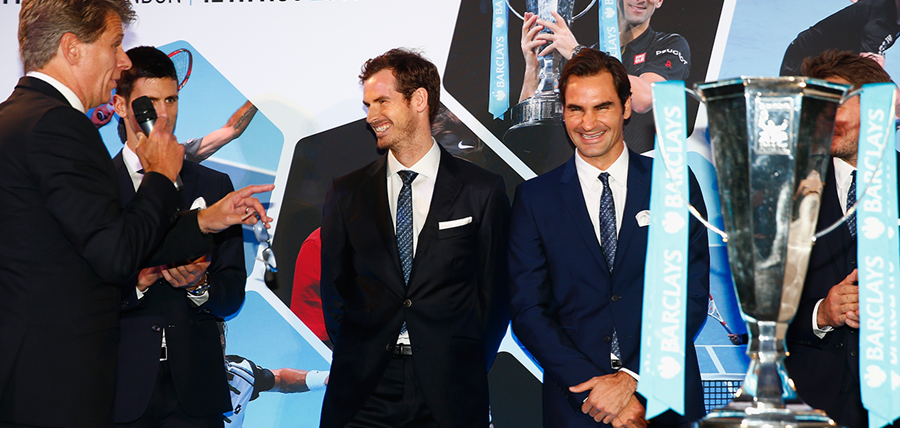
On no day has that privilege been more greatly emphasised than 7 July 2013, when Andy Murray beat Novak Djokovic to become the first British man to win the singles title in the Open Era.
Castle remembers delivering the winning line to tens of millions of viewers like it was yesterday.
“Kenneth Wolstenholme used up the greatest winning line ever in 1966,” he says, “so I was under pressure to come up with something!
“Ultimately, you don’t plan a winning line. The great thing about commentary is that you can use silence as a tool, and let the pictures do the work.
“Murray had three championship points at 40-0 up in the final game, lost them all, and was back at 40-40. The director pushed into Murray's eyes and what you could see was a man trying with all of his heart and soul, feeling every emotion going.
“It was a beautiful shot. All I had to do was give a little line and back off. Throughout that game I kind of knew it was my job to lead viewers through the emotional turmoil.
“Something like 72 per cent of UK televisions were watching, so that was quite a responsibility. Hopefully we did it justice.”
Murray continues to surprise and elate UK tennis fans in 2021, winning two Centre Court classics in the first three days of the championship before eventually losing his third match.
After hip surgery seemed to have all but ended his career, it’s a pleasure – both as a fan and from a journalistic perspective – for Castle to still be covering one of the great British sportspeople.
“He said after his first match that he can’t understand why people keep asking him if this might be the end,” Castle says, “which is just perfect, really, because there’s no feeling like winning.
“He’s still doing it, he can still compete. Why would you stop? He’s still thrilled that he’s out there, as am I.”
Murray has contributed to an era of tennis that has been extraordinary to cover for the man whose voice is synonymous with all of the classic finals.
Federer, Nadal and Novak Djokovic have produced an era of dominance and brilliance that seems unlikely to be topped. For Castle, it all begun in 2008 when Nadal met Federer in a third consecutive Wimbledon final, and finally beat him.
“That match changed the game,” he says. “The gold standard of tennis improved in one match. They pushed each other to mad limits.
“I remember it was Tim Henman’s first Wimbledon final as a commentator. We both sat there in the commentary box in shock and awe.
“Of course, since then there have been more, mainly featuring Djokovic. He has just quietly won five Wimbledons – I remember the 2018 semi-final against Nadal, particularly. Another mind-boggling match.
“Nadal with his determination and muscularity is genius, but I have to say I think I’ve seen the best tennis come from Novak’s racquet. He came to the party slightly after the other two, but I think he might have been the most remarkable.”
Winning the title on 11 July would see the Serb level up with Nadal and Federer on 20 Grand Slams – the three highest tallies of all time in the men’s game.
Journalistically, nothing could top that as the story of the fortnight.
“Nothing’s ever enough for the great players,” Castle says. “It’s felt like Federer’s era for so long but to watch Djokovic draw level with him and Nadal would be something quite astonishing to cover.”
Putting his voice to yet another moment of history is something Castle is used to, but will never get tired of.











